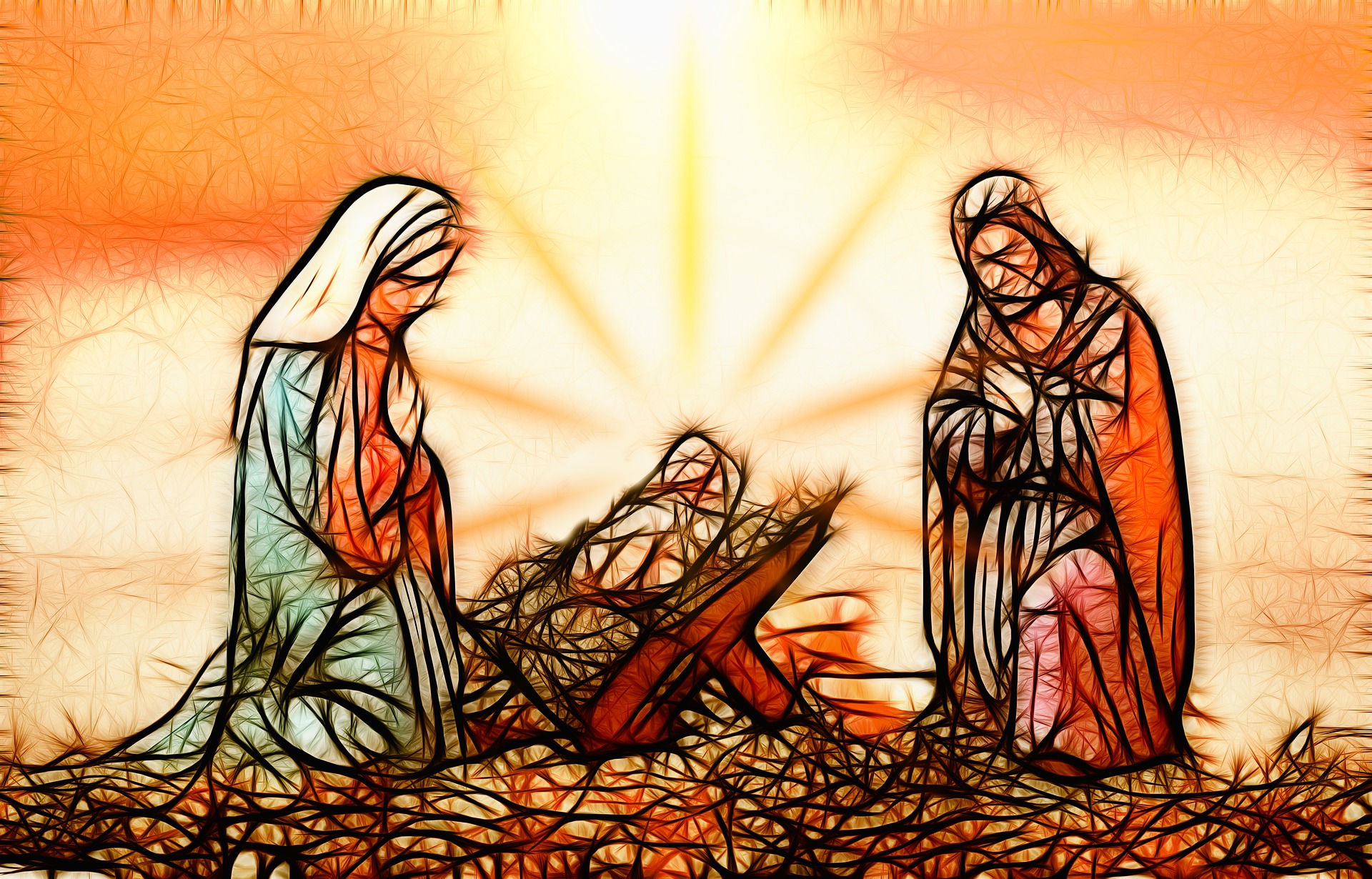Dan reviews Wisdom Christology in the Gospel of John, a book by Dustin R. Smith that seeks to open up the Jewish background to the fourth gospel. Smith argues that the wisdom literature of Proverbs and beyond is the basis for John's unique presentation of Jesus as the embodiment of God's wisdom. Find out more and get a glimpse into the research that goes on behind the scenes at Bible Feed as preparation for our podcasts!
How can Jesus uniquely be called the Son of God? Does calling him the Son of God make him Deity in any sense? What is Jesus claiming when he says he is the Son of God? All these questions and more are considered in this episode.
Who is God addressing in Genesis 1:26 when he says "Let us make man in our image"? Is this evidence for the Trinity? Despite the verse often being used in this way, it doesn't take long to find some problems with this conclusion.
A recent survey puts a surprising number of American Christians outside orthodoxy in relation to the birth of Jesus and his supposed pre-existence. Is there a good explanation for this? Perhaps the straightforward narrative of scripture, and its teaching about the man Jesus Christ, is what sincere church-goers pick up on with good reason.
We invited Tom Gaston back onto the show to answer your questions on Unitarianism and the Trinity. The writer and editor of ‘One God, the Father, a defence of Biblical Monotheism’ gives us his thoughts on the opening of John 1, the influence of Justin Martyr, the virgin birth and why any of this matter should matter to Christians.
John 1:1 "In the beginning was the word and the word was with God and the word was God" - What does the word "word" mean?!
The legacy of Jesus of Nazareth is felt today in all kinds of ways, in religion, in culture, music and art. But what about the question that Christians and others have been asking and debating for centuries – Did Jesus pre-exist? Was he alive in some sense before being born into a quiet small town in Israel about 2000 years ago? And if that question is answered with a yes or with a no, does it change anything for Christians?
Laurence Davenport and Dan Weatherall continue delving into the gospel of Matthew. The focus this time is how well structured the book is around major themes that are developed throughout the book. Jesus is presented as someone with authority and he is given that curious name, Immanuel. What does that mean? And how would the first readers of Matthew have understood God to be with them?
You may wonder what happens to you when you die, but have you asked yourself what you were before you were born? If you have some belief in life that continues uninterrupted beyond death, such as an immaterial soul, then you may read something similar into passages such as Jeremiah 1:5. Does that mean that Jeremiah existed somewhere in some immaterial state? Does that mean that everyone is alive in some pre-existent way before they are born? Is this what the Bible is teaching?






